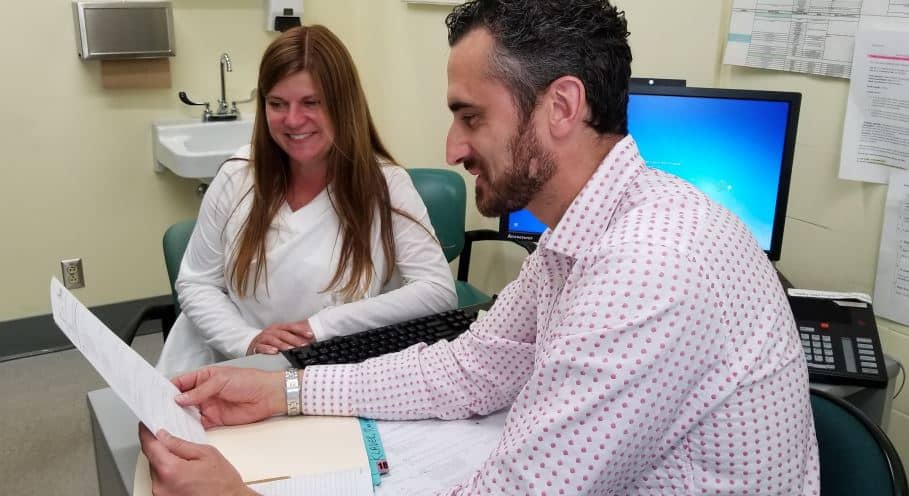If anyone knows about the risks of heart disease, it’s Karol Ghuman. Not only is she a nurse practitioner by training, with extensive experience in cardiac rehab, she has a lot of family history. Her mother was diagnosed with cardiovascular disease in her fifties, her father had major blockages and several surgeries, and one of her grandmothers died from a heart attack. But even she had trouble getting a proper diagnosis when she started showing symptoms in her late forties. The 57-year old said she constantly had to push to get further assessments, “An issue impacting the management of heart disease is care providers’ knowledge and attitudes about heart disease, as well as time constraints. They are so focused on guidelines they sometimes forget to listen and treat the patient.”
The statistics are telling. “We are not winning this battle,” according to Dr. Simon Pimstone, physician and researcher at the Centre for Heart Lung Innovation at St. Paul’s Hospital. Unlike in the general population, the incidence of heart disease in the younger population is not decreasing, and the most vulnerable are women. Young women who develop heart disease also have a greater risk of dying when compared to males identified with heart disease at similar ages.
“There are thousands of ticking time bombs in BC. But with proper screening, we may be able to delay and significantly decrease the incidence of heart disease,” stresses Dr. Pimstone. He helped launch a unique program at St. Paul’s and Vancouver General Hospitals to do just that, with plans to expand to all other heart centers in BC over the next couple of years.
SAVE BC, or the Study to Avoid cardiovascular Events in BC, is unique world-wide. Along with screening of at-risk patients and their entire families, the program also focuses on research. Dr. Liam Brunham, co-lead for SAVE BC, St. Paul’s Healthy Heart Clinic physician and researcher at the Centre for Heart Lung Innovation says, “The learnings from SAVE BC could inform on new approaches to diagnose and treat heart disease. The genetic risk factors for premature heart disease are not well understood right now.”
Almost 500 patients have been enrolled in SAVE BC so far, with plans to recruit 500 – 1000 additional subjects each year once all heart centres are on line. Patients with very early heart disease are identified through cardiology catheterization labs and coronary care units at the various hospitals, and then referred to SAVE BC. This group is at very high risk of having future heart attacks and strokes, and their relatives are also at a greatly increased risk.
Karol Ghuman didn’t hesitate when she was asked about participating in SAVE BC at St. Paul’s. Both of her sons will also be enrolled, as well as her siblings. Her younger sister started having chest pains, requiring several interventions, and still isn’t stabilized. “It is very frightening for the whole family when we are seeing the impacts of heart disease on my younger sister.”
So far, Karol is trying her best to manage her symptoms. She is taking medication, trying to get out for daily walks, eating a healthy diet and working on her stress levels. She also spends a lot of time trying to raise awareness about premature heart disease, especially amongst the South Asian population. She says she’s always surprised there is so little information about family risk factors, “The majority of patients who have a heart attack are treated and managed, but they aren’t told about how their children and siblings may be at risk and need further assessments or early management.”
Dr. Pimstone has a personal motivation to continue this work. A good personal friend and fellow doctor suffered a massive heart attack at 39 years of age and almost died, despite the fact he was fit, a non-smoker, ate well and didn’t drink. “The impact on him and his family was enormous. I was very moved to try to find out what causes heart attack in young people where heart disease has such an impact on the lives of families.”
If you would like to support initiatives like SAVE BC, give now.
